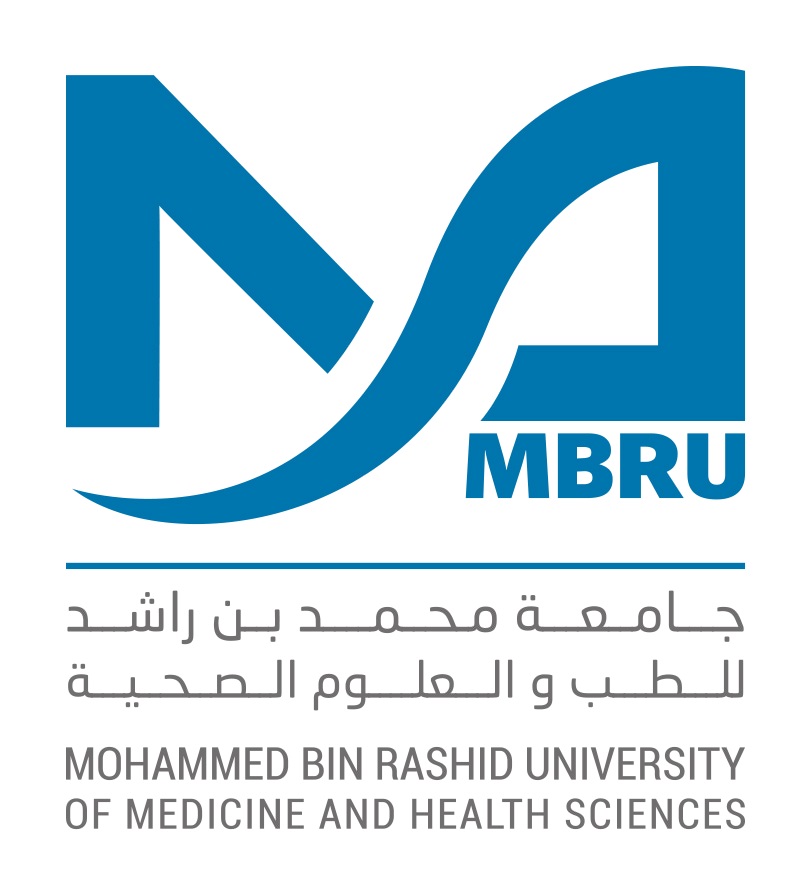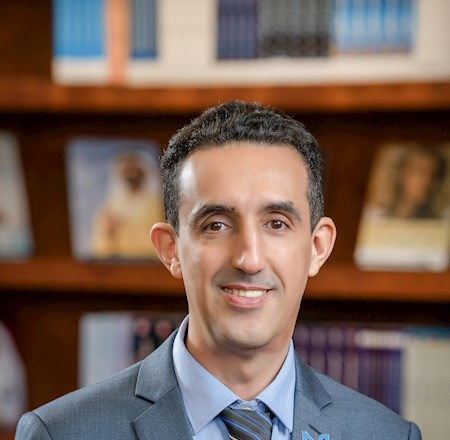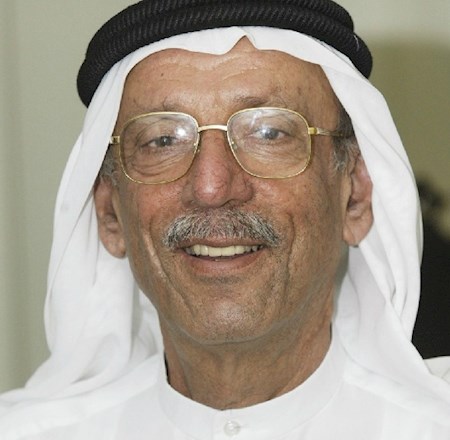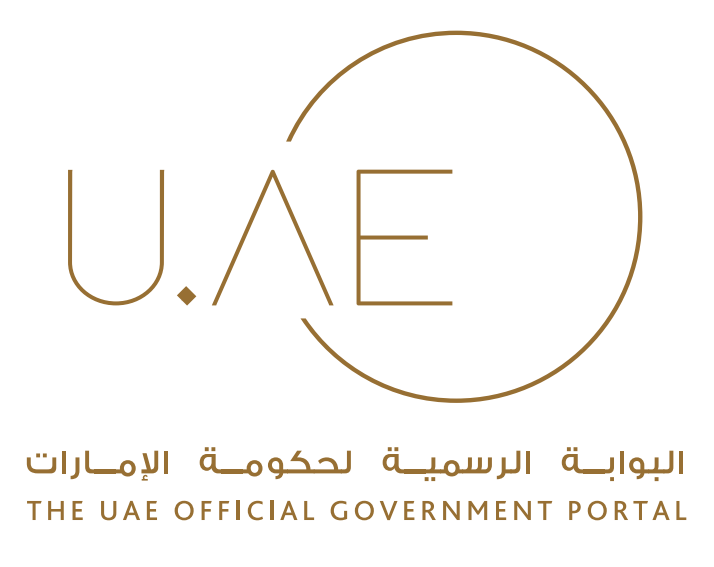Researchers from the Mohammed Bin Rashid University of Medicine and Health Sciences (MBRU) have made a significant contribution to the fight against COVID-19 with the completion of a study into the effectiveness of saliva as an alternative to the nasopharyngeal swab for COVID-19 screening.
The study, a first in the UAE and the MENA region, was a close collaborative effort between the public and private sectors and academia. The research team from MBRU were joined by teams from Dubai Health Authority (DHA); Unilabs; Cleveland Clinic Abu Dhabi; New York University Abu Dhabi (NYUAD); and the National Reference Laboratory.
The team took saliva and nasal swabs from 401 adults presenting for COVID-19 screening at Al Khawaneej Health Center, 50% of whom were asymptomatic. The samples were tested for detection of SARS-CoV-2 virus at Unilabs Dubai. The findings of the study, showed that the saliva can be used for viral detection with 70% sensitivity and 95% specificity, proving to be just as effective as the nasal swab.
Professor Abiola Senok, Lead Investigator of the study and Professor of Microbiology and Infectious Diseases, College of Medicine, MBRU, praised the cross-sector collaboration of the study – one of the first research project to receive approval from the Emirates Institutional Review Board for COVID-19 Research.
“Previous studies on the use of saliva for SARS-CoV-2 RT-PCR have largely been among COVID-19 in-patients and symptomatic ambulatory patients with limited work in a community-based screening setting. This study has shown good diagnostic accuracy for saliva and the feasibility for its utilization as a potential specimen of choice in community settings and population-based screening,” said Professor Senok.
Use of saliva could exponentially widen the testing network for COVID-19, simplify community testing, and reduce the risk to frontline healthcare professionals. The saliva specimen was self-collected into sterile containers by the patients without requiring the presence of a healthcare professional and did not require the use of preservative transport media while in transit to the laboratory.
Dr. Hanan AlSuwaidi, Co-Lead Investigator of the study and Assistant Professor of Family Medicine, College of Medicine, MBRU, added that another advantage of employing saliva testing is that it would reduce the strain on critical health equipment and eliminate the need for the use of preservatives and pointed towards being a cost-efficient method of mass-testing.
“With everyone looking for easy alternatives to nasopharyngeal swab, our study shows how the adoption of saliva as specimen for COVID-19 testing can decrease the strain on healthcare resources. For the current nasopharyngeal swab, staff need to wear personal protective equipment (PPE) when taking the samples from the patients. With saliva the patients collect their own samples, therefore PPE resources can be freed up for use elsewhere,” she said.
Professor Alawi Alsheikh-Ali, Provost and Dean of the College of Medicine, said that the findings would provide a boost to the scientific community and would encourage more studies into ways to develop scalable methods of effectively combating the virus. "I would like to congratulate the team on the completion of the study in record time. It was a truly collaborative effort with participation of multiple public, private, and academic entities, demonstrating the power of collective action. Innovation and cooperation are values that are central to MBRU's ethos and I am confident that this study will serve as inspiration for the academic community in the UAE and beyond to further improve testing and diagnostic tools that benefit and secure the wider community.”
Dr. Hamda Hassan Khansaheb, Head of the Research Section, Medical Education and Research Department at Dubai Health Authority, said: “At Dubai Health Authority we support and encourage collaborative studies with public, private and academic institutions to enhance the research culture, improve research skills among researchers and medical staff, and exchange knowledge. This study to investigate the effectiveness of saliva in diagnosing COVID-19 was carried out jointly between the Mohammed Bin Rashid University of Medicine and Health Sciences and the Al Khawaneej Health Center, which is currently serving as a testing center for COVID-19, where a saliva sample was taken from patients along with the nasopharyngeal swab, in addition to recording patient data through the Salama electronic medical record application to study any other factors related to the disease.”
The study and its findings will be published in the peer-reviewed journal Infection and Drug Resistance.











 For an optimal experience please
For an optimal experience please